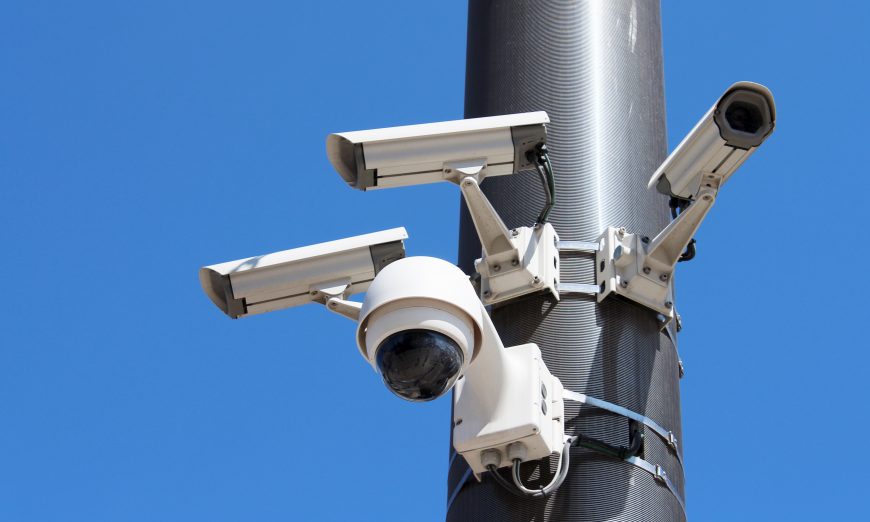Since the pandemic started, Santa Clara has seen an uptick in crime, a trend police believe the installation of stationary license plate readers across the City would prevent.
The Santa Clara Police Department (SCPD) has already been using automatic license plate readers (ALPR) for the better part of 15 years. However, while it has four mobile readers, the police department plans to ask for approval from the Santa Clara City Council to install 10 stationary readers throughout the City.
Specifically, the readers will be installed in areas where crime such as car burglaries and hit-and-runs have been occurring as well as areas where police want to deter activity such as racing and sideshows, a pet project of Councilmember Kathy Watanabe.
Installing the readers was the topic of a town hall late last month.
During the town hall, Lt. Cuong Phan, the Santa Clara Police Department’s Public Information Officer, said racing and sideshows have increased near Safeways, car break-ins near Mission College have increased and that Home Depots have been “plagued with theft.” He compared the readers to an officer’s handcuffs, gun, pepper spray or radio, calling them just another “investigative tool.”
The license plate readers capture data about the vehicle and automatically compares that information to “hot lists” to see if the car has been stolen, used in a crime, etc. Phan attempted to allay potential privacy concerns.
“Having both the mobile and stationary ALPR systems will allow our officers the ability to identify more suspects while impacting quality of life issues within the City, which ultimately make Santa Clara safer,” he said. “At no time — at no time — does the ALPR reader capture personal information of the driver or occupants of the vehicle.”
He went on to say that the information gathered will not be used to enforce illegal immigration nor does it contain facial recognition capabilities.
Installation of the readers would necessitate a contract with Flock Safety to the tune of $33,000 the first year and $30,000 annually for the software and maintenance of the system.
Josh Anderson, with Flock Safety, said the City owns the data gathered by the reader, which is stored in the cloud. That information is automatically deleted and unrecoverable after 30 days if it isn’t associated with a crime, Anderson said.
“Stolen vehicles are typically associated with other crimes, and by stopping that vehicle, it makes it so they are unable to commit that future crime,” Anderson said. “What we are looking for is facts about the vehicles but not the people or the occupants.”
Having the readers, he added, also acts as a deterrent. Since data gathered from the readers is objective, Anderson said it “takes human bias out of crime solving.”
The Wi-Fi-connected readers are solar powered, and real-time data collected from them — albeit edited — will be publicly available through what is being called an online transparency portal. The police department will conduct monthly audits to ensure no one is accessing prohibited data or using it for personal reasons, Phan said.
The SCPD plans to have a “trial evaluation” on the feasibility of the readers.
Phan said the readers will “take the guess-work out of everything,” calling them a “force-multiplier” that delivers a “fixed price for crime-solving.”
“We don’t feed them. We don’t have to take care of them. We don’t have to give them benefits. We just put them on a corner, and they just do their job. They don’t complain,” he said. “It is going to help our community be safer. It is going to make our officers be more proactive to stop crime from happening.”







Great, I hope the council approves this.